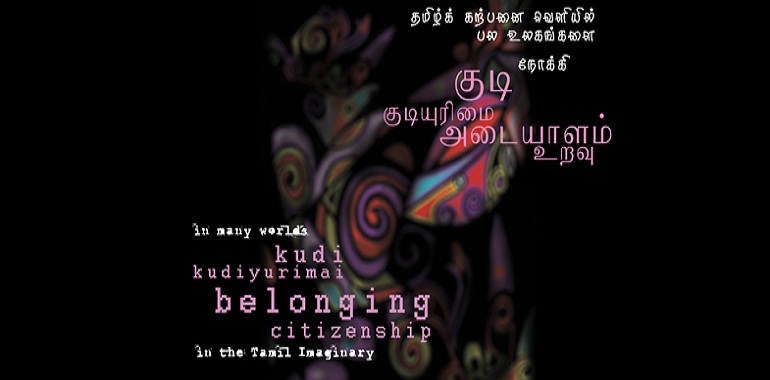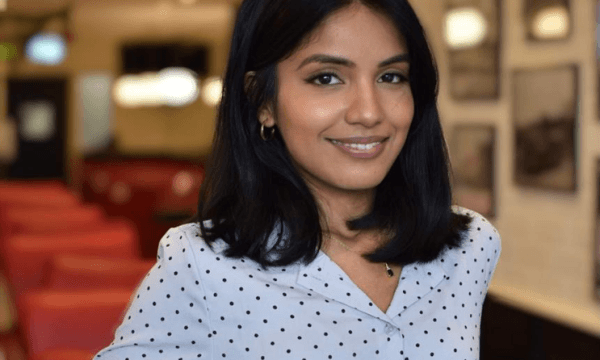
The annual Tamil Studies Conference held at the University of Toronto brings together Tamil Studies scholars, artists, writers and activists from North America, Central America, Europe, South Asia, and Australasia.
This year's conference will take place from May 16-May 18, at the University of Toronto—the plenary speakers will be C.S. Lakshmi and Dr. V. Arasu. The full list of scholars and the program schedule can be found here. The first day of the conference will be free for everyone to attend and it will be held at the University of Toronto Scarborough!
Over the course of the three days, presenters from disciplines and fields ranging from Anthropology, Archaeology, Art History, Dance, Diaspora Studies, English, History, Journalism, Labour Rights, Literature, Music, Religion, Sociology, Theatre Studies, Visual Arts and Women's Studies will share their research.
The 2014 theme is the notion of “Kudi/Kudiyurimai” in the Tamil world, which is often ambivalent, suggesting a broad spectrum of meanings from subservience to empowerment and liminality.
Paradoxically, Kudi/Kudiyurimai can imply both egalitarianism and hierarchy. In a very general sense the term “belonging” encapsulates the multiplicity of Kudi/Kudiyurimai by implying both being and longing.
The objective of the conference is to explore how the notion of belonging (together with entitlement, empowerment, dispossession) has functioned in the past and the present. While papers that deal specifically with the etymology of “Kudi/Kudiyurimai” are welcome, the larger concern is with how belonging has been defined, upheld, or questioned. From the relatively circumscribed spatial units of the Sangam Period, to the reframing of Kudi/Kudiyurimai as republican citizenship, and on to more porous classifications of the diasporic and global present, Kudi/Kudiyurimai and belonging have contained shifting and multiple meanings. Whereas citizenship is often contrasted to the state of slavery, the genealogies of Kudimai in Tamil offer a perspective from which to think beyond these binaries.
This unique International interdisciplinary conference brings together scholars, students, artists, writers and activists to engage with the conference theme more directly.
Check out some highlights and footage from previous conferences here:
https://www.youtube.com/watch?v=ZL_z3xCVWWU
All general inquiries should be directed to: info@tamilstudiesconference.ca

























